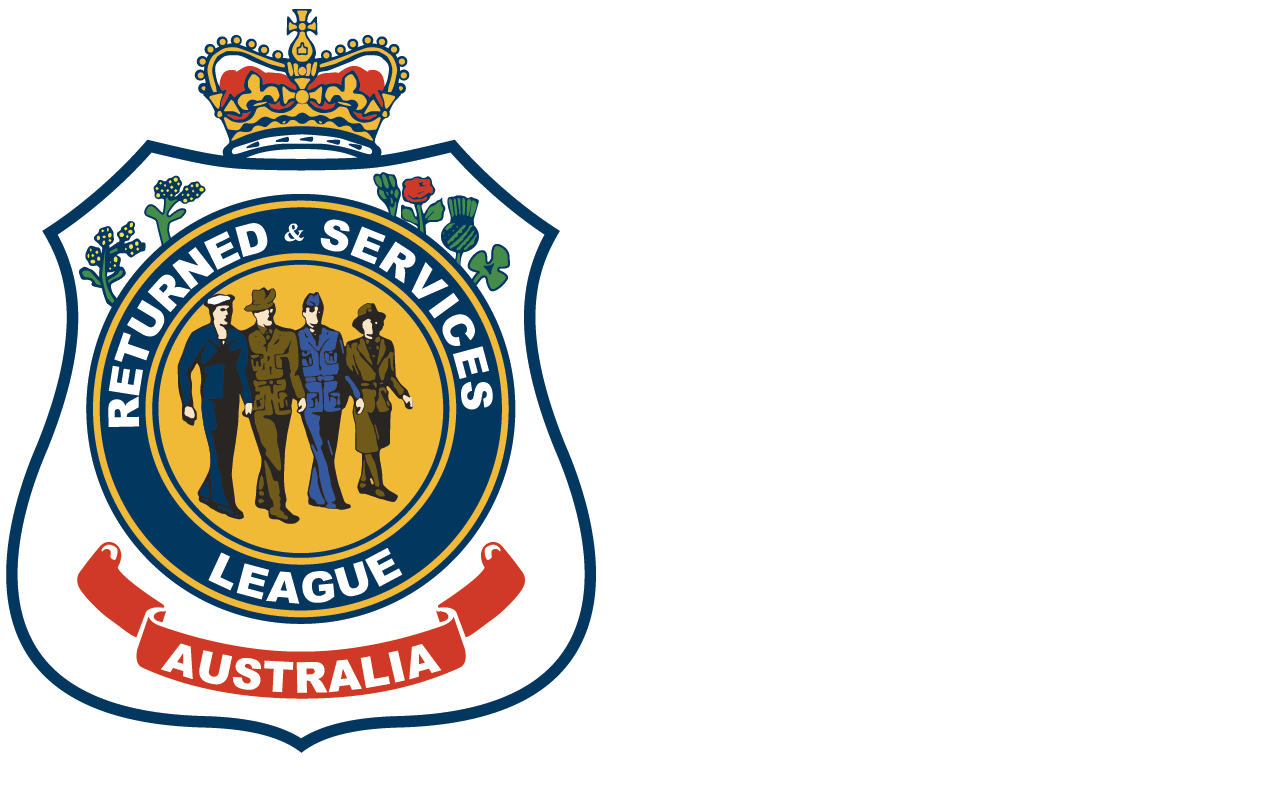Accessing the hidden job market
A world of job opportunity exists beyond the mainstream search platforms - if you know how to tap into it.
When it comes to job hunting as a veteran, your first port of call has probably been mainstream job search platforms like Seek or Indeed, where employers promote their vacancies to a widespread audience. But did you know that many fantastic opportunities never make it to these big advertising sites?
This article aims to help veterans and their families extend their job hunt beyond the obvious channels. By thinking outside the square, you can uncover hidden gems in the job market and improve your chances of finding a role that's right for you.
Top tips to access the hidden job market
1. Networking is Key
Building connections can open unexpected doors.
LinkedIn: It's not just about having a profile; it's about how you use it. A well-maintained LinkedIn account can be a magnet for employers. By actively participating in discussions, especially in veteran-focused groups, you not only share your expertise but also increase your chances of coming across hidden job opportunities.
Veteran Groups: Australia boasts numerous military and veteran associations like the RSL. Tapping into these groups doesn't just offer camaraderie; they're also treasure troves of exclusive job leads and networking events.
Employment fairs: Events like the Transition Seminar can provide you with the information and resources needed to kick start your civilian career.
Alumni Groups: Further studies post-service can reap benefits beyond the classroom. Schools and universities often have dedicated networks or job boards for alumni. Regularly engaging with these networks, attending reunions, or participating in alumni webinars can connect you with peers who might have job recommendations or insights into industries of interest.
2. The art of speculative applications
Approaching employers you are interested in working for is both a calculated and strategic venture in your job search.
Reaching out directly to organisations you are genuinely interested in, even without a current vacancy on offer, can yield results. Paired with a compelling cover letter, this proactive outreach not only demonstrates your enthusiasm for the specific company but also signifies your forward-thinking attitude. Employers often appreciate such initiative, viewing it as a testament to a candidate's keen interest in contributing meaningfully to their organisation.
For tips on contacting potential employers directly, check out this article from our mates at RSL ACT.
3. Capitalise on specialised employment programs
Sourcing expertise from specialist agencies and employment programs can substantially elevate your job search.
In Australia there are various recruitment agencies and employment programs specifically curated for the distinct needs of military veterans transitioning to civilian roles. There are several employment programs available through the RSL depending on what state you are based in. These provide professional guidance for veterans and their partners and are free of charge.
With their comprehensive grasp of veterans' unique skills and qualifications, these services can match you with roles that resonate with your professional journey and aspirations.
4. The value of workshops and seminars
Embrace opportunities for growth and networking through structured learning environments. Workshops and seminars, although not primarily designed as recruitment platforms, can present avenues to expand one's professional network and stay updated with the latest industry movements. Attending these events can yield unexpected discussions, potentially unearthing undisclosed job opportunities or collaborations.
By actively participating and showcasing your expertise, you position yourself at the forefront of potential employers' minds.
5. The power of volunteer work
Prioritising service can open doors to unexpected career advancements. By delving into volunteer initiatives, you not only contribute positively to your community but also carve out an avenue to showcase your professional prowess and dedication.
Such engagements provide a tangible context for your capabilities, allowing potential employers to see your skills in action. Moreover, the authentic relationships nurtured in these settings can, over time, lead to invaluable recommendations or introductions to hidden job opportunities.
6. Engage with local community boards and centres
Harness the potential of grassroots connections for unique opportunities. While the digital age dominates much of today's job market, there remains a substantial sector that prefers the intimacy and immediacy of local community communication.
Small businesses and local organisations might choose community notice boards, centres, or local print media to advertise their vacancies. By immersing yourself in these community spaces, you can uncover job openings that might not be widely publicised online.
This approach underscores the importance of maintaining local connections and understanding the nuances of your community’s dynamics.
7. Harnessing social media's professional potential
In today's interconnected era, platforms such as X (formerly Twitter), Facebook, and Instagram have transcended their roles as mere social interaction hubs. They now play a significant part in the world of professional networking and job hunting.
By actively engaging with professionals, joining industry-specific groups, and contributing to pertinent discussions, you can enhance your visibility in your chosen field. Such active digital networking can pave the way for serendipitous introductions to concealed job prospects.
8. Stay informed by setting automated job alerts
Staying updated is key in a constantly evolving job market. While accessing the hidden job market can elicit results, renowned employment platforms like Seek, Indeed, and Jora remain an important tool for veterans transitioning into civilian roles.
Get these sites working for you by setting up customised job alerts tailored to your preferences and skills. That way you can ensure that you're always in the loop regarding the most recent opportunities in your desired field. This proactive approach means you’re less likely to miss out on a potential fit.
HOW THE RSL can help
Transitioning from military to civilian roles is a significant shift, demanding the reapplication of hard-earned skills. But with targeted networking per the advice in this guide, navigating hidden job opportunities becomes more manageable.
Free and tailored career coaching is available to veterans and their partners through the RSL. Find out more here.
Want to see more content like this? Find resources for job-hunters here

